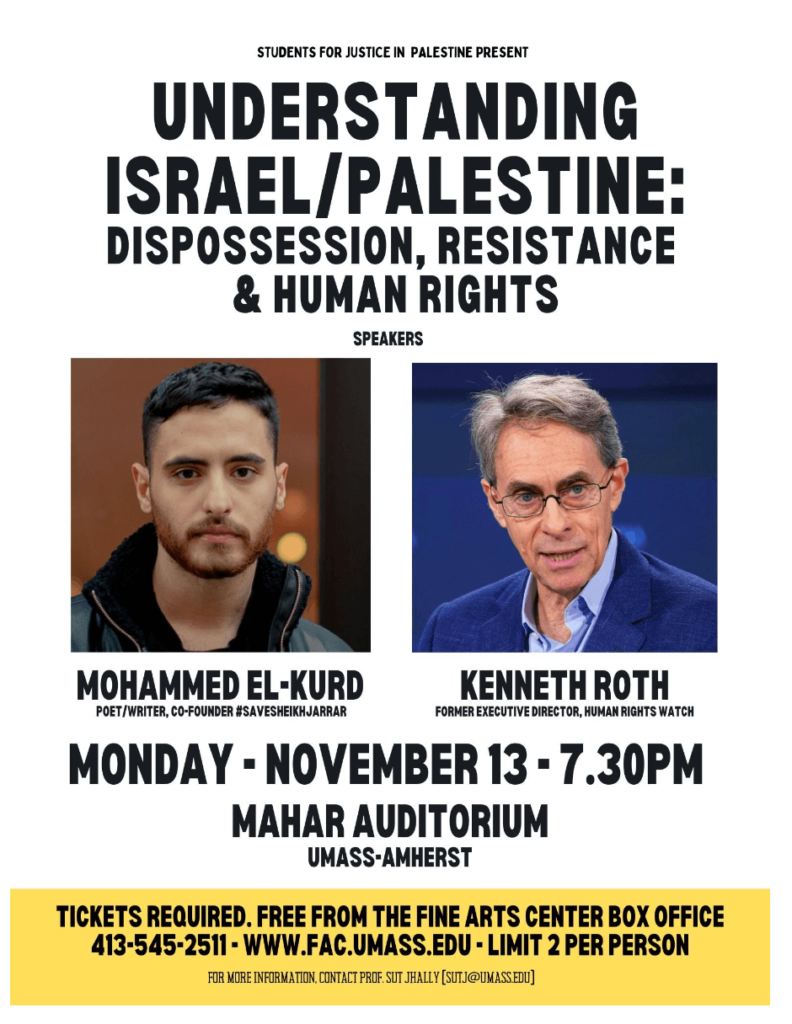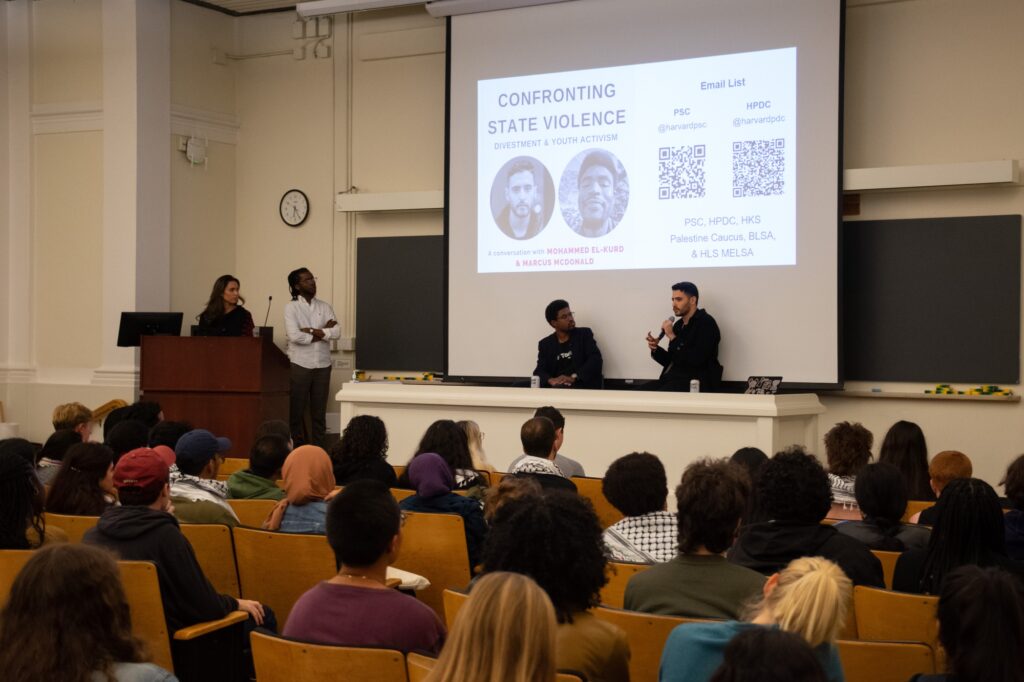The Role of Intellectuals and Scholars in Shaping Pro-Palestine Discourse

Photo Credits: Mohammed El-Kurd event
By: Joanna Sawtari / Arab America Contributing Writer
In the discourse surrounding the Palestine-Israel conflict, the influence of pro-Palestinian lecturers and intellectuals has been notably profound. Starting with the tenure of Edward Said at Columbia University and extending to the present prominence of figures like Mohammed El-Kurd, these individuals have left an enduring imprint on how Palestine is perceived in the media and the manner in which it is regarded within academic circles.
A Common Goal
Though coming from diverse backgrounds and viewpoints, these intellects share a common goal: to shape the narrative surrounding the Israeli-Palestinian conflict and challenge the narratives that perpetuate injustice and marginalization. They represent Palestinians who have no voice, yet so many ideas and inquiries.
Edward Said’s Mark on Columbia University
Said became a member of Columbia University’s English and Comparative Literature faculty back in 1963, and he stayed there until 2003. Even today, his lectures hold a prominent place, becoming a touchstone for analyzing and questioning the portrayal of the Palestinian struggle in the media. Said’s insights have influenced countless students and scholars, sparking a broader conversation about the Palestine-Israel conflict. His lasting legacy serves as a powerful reminder of the significant impact that Palestinian intellectuals can have in shaping discussions and challenging prevailing narratives.

Photo Credits: Edward Said at work
Mohammed El Kurd

Photo Credits: Mohammed El Kurd at Harvard
From a young age, El Kurd began his activism for the Palestinian cause with his sister Muna. He became particularly prominent in 2008 in the initial Sheikh Jarrah controversy, and continued speaking out about settler colonialism when it spread on social media. El Kurd is now a known spokesperson for Palestine and gives lectures at top universities, such as Princeton and Columbia University. He is highly respected for his writing and has recently released a poetry book titled “Rifqa” that outlines life as a Palestinian under occupation.
Spreading to the West
As the recent escalation in Gaza unfolds, advocates from various backgrounds, including non-Palestinians, have raised their voices against Israel’s apartheid regime. Notable authors and scholars like Ta-Nehisi Coates, Rashid Khalidi, and Michelle Alexander have taken the stage, hosting live discussions to enlighten the Western world about the gravity of the situation. The power of amplifying Palestinian voices is undeniable, for it has brought greater clarity to the cause, resonating across the globe. In this crucial moment, the collective efforts of intellectuals and advocates pave the way for a more informed and empathetic understanding of the Palestinian struggle, inspiring hope for a just and equitable future.
Check out our blog HERE!








